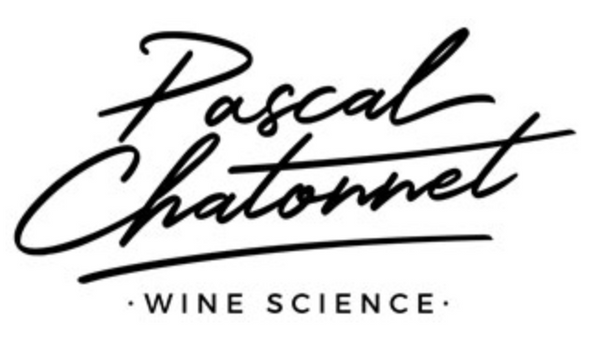Pascal CHATONNET
As R. Dion pointed out, among the three products of the Mediterranean trilogy “the vine is the one which depends the most on the will of man”. In fact it holds a particular place, in its very object, but also in its technology: vines and wine are complex products in which human intervention and the choices it makes play a considerable part. Finally, the cultivation of vines is particularly linked to cultural and commercial elements; these choices are also dependent on the constraints of cultivation and winemaking. Simply these constraints, due to the complexity of the product, leave greater room for maneuver than in the cultivation of cereals or olive trees. It is this set of constraints, their interactions and their consequences on our ways of doing things that I would like to outline here.
Conventional, organic, biodynamic, sustainable viticulture, agroforestry, agro-ecology, regenerative, permaculture, agropastoralism...the current proliferation of all these appellations results, it seems to me, in no longer drowning opinion in the maelstrom of the "new ecology" and of “greenwashing” rather than clearly illuminating the direction we wish to take to establish a mode of production reasonably and sustainably oriented towards, not only a pleasant ideal, but above all towards a reality which must be embodied in done, with measurable results in a sustainable manner. What is it really about? Think about and install a resolutely modern viticulture, using all available resources for socially and environmentally responsible production. My approach is pragmatic and scientific. Experimentation, comparisons and observation are my tools. Furthermore, we must constantly remember that we are the guardians and revealers of an exceptional terroir which will gain more and more notoriety day after day, if and only if, we are capable of preserving and developing what makes the essence of our great wines.
We have recently seen more and more speeches detailing commitments
"eco-responsible" producers, new associations to promote apparently completely new modes of production, claims of breathtaking qualitative performance... All this attests to the turning point that the world wishes to take in response to the growing environmental concerns aroused by "global warming". global climate”. We can rejoice in that. But it is practical to let yourself be carried away by the major current, that which is fashionable today; to become “greener than green”.
Above all, we need this memory that “The current which carries these ideas is enough to give happiness to the wind eaters who feed on ready-made phrases.
"eco-responsible" producers, new associations to promote apparently completely new modes of production, claims of breathtaking qualitative performance... All this attests to the turning point that the world wishes to take in response to the growing environmental concerns aroused by "global warming". global climate”. We can rejoice in that. But it is practical to let yourself be carried away by the major current, that which is fashionable today; to become “greener than green”.
Above all, we need this memory that “The current which carries these ideas is enough to give happiness to the wind eaters who feed on ready-made phrases.
The plowmen who have their feet on the ground construct a different reality (…) the argument concerns the enunciation more than the statement, the way of saying more than what is said (…) Saying well is an art which leads to conviction, while austere reason does not win the day. »
Pascal Chatonnet

